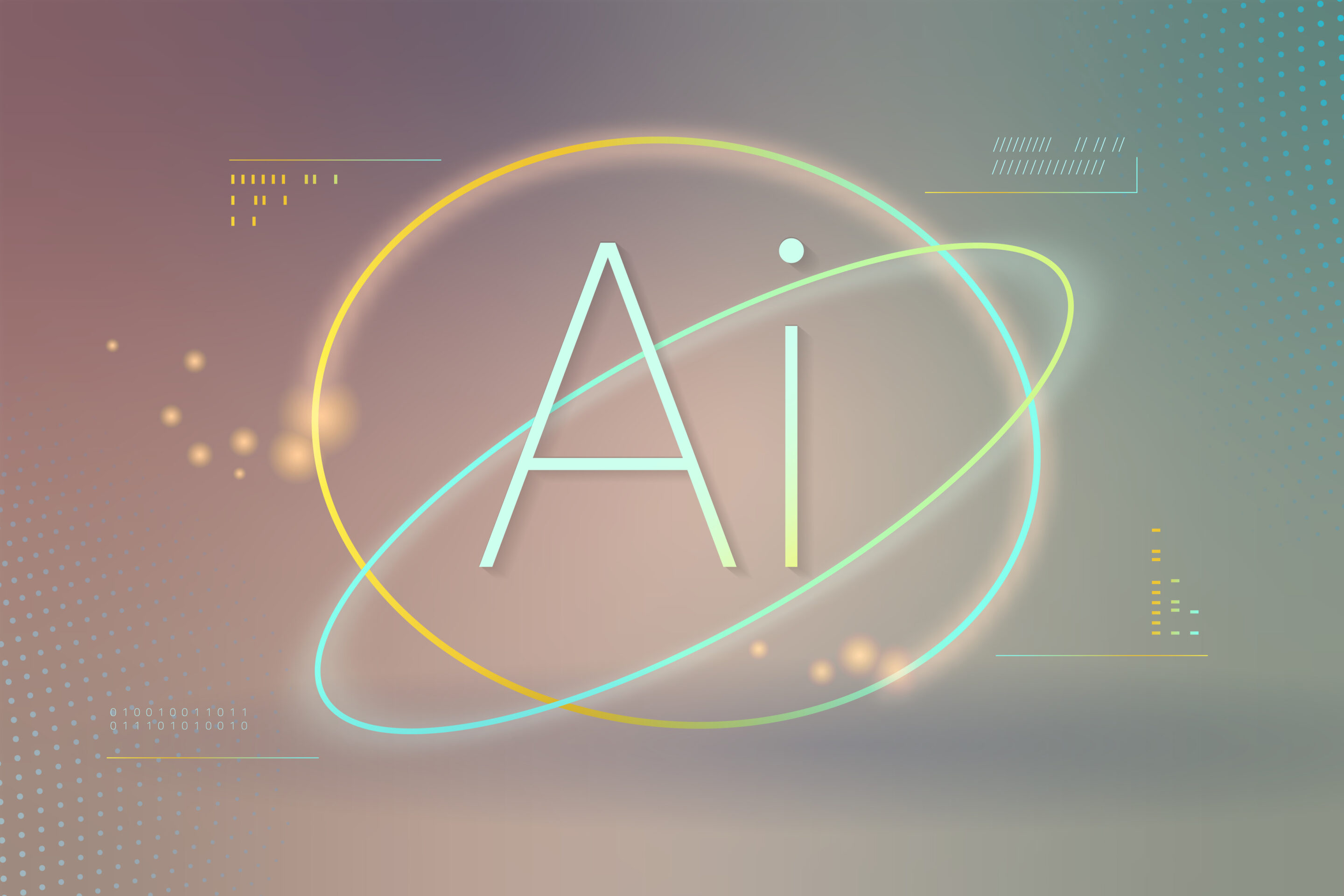AI agent systems not only represent cutting-edge technology, but also an essential transformation in the way businesses operate and compete.
In an increasingly interconnected world, artificial intelligence (AI) continues to transform key sectors. Among the most disruptive innovations are AI agent systems, autonomous tools designed to analyze, plan, and learn in dynamic environments. According to an IDC report, business spending on artificial intelligence solutions is expected to reach $423 billion by 2027, with a compound annual growth rate (CAGR) of 26.9% between 2022 and 2027.
Unlike traditional artificial intelligences, which function as passive assistants, AI agents operate as autonomous units capable of collaborating and solving complex problems. These systems not only process data but also make informed decisions, continuously adapting to new scenarios.
In an increasingly interconnected world, artificial intelligence (AI) continues to transform key sectors.
Two main architectures are identified:
Individual agents, designed for specific tasks such as financial analysis or customer service.
Multi-agent systems, which function as specialized virtual teams, ideal for solving more complex problems in sectors such as manufacturing, logistics, and health.
Companies are already experiencing tangible benefits in:
Customer service: leading companies in technology use agents to resolve requests in seconds, reducing operational costs by up to 30%.
Personalized education: AI-based educational platforms create tailored learning paths, improving students’ academic outcomes by 25%.
Health: agents design personalized treatments and process medical analyses with 90% accuracy.
Logistics: companies that have adopted AI agents in their operations report a 20% improvement in supply chain efficiency.
Humanity is experiencing the beginning of a new technological era where AI agent systems not only facilitate processes but completely transform the way companies operate. At Snoop Consulting, it is believed that the key is to design agents that are not only effective but also adapt to the values and goals of each organization.
The true value of AI agents lies in their ability to be technological allies, not simple tools. This means designing solutions that not only address current problems but also anticipate future needs, helping companies remain competitive in a market that evolves rapidly. Their ability to adapt and evolve positions these systems as fundamental pillars in the next era of business automation. In a market that prioritizes efficiency and innovation, AI agents are not just a trend but the engine that will define the future of technology in the next decade.






0 Comments